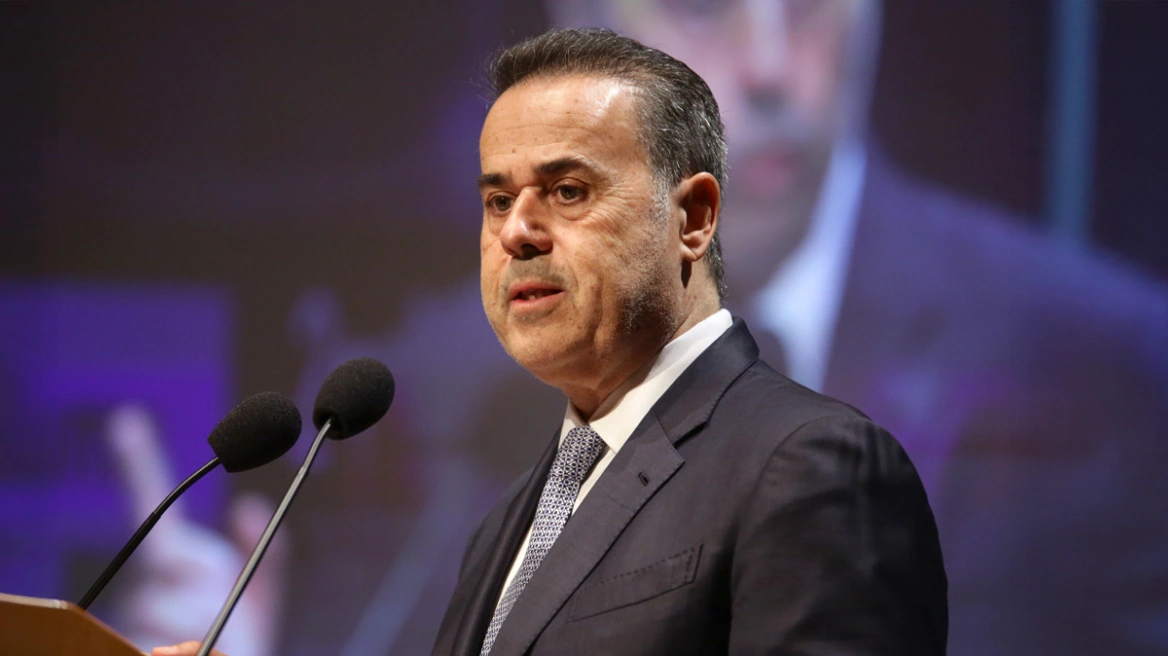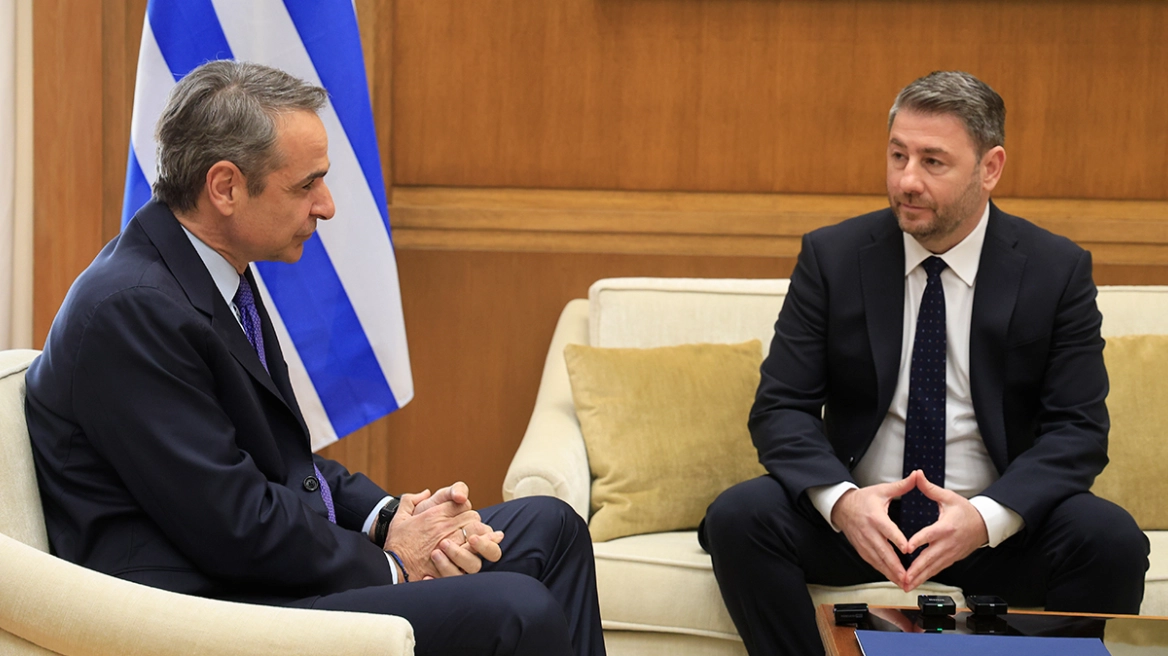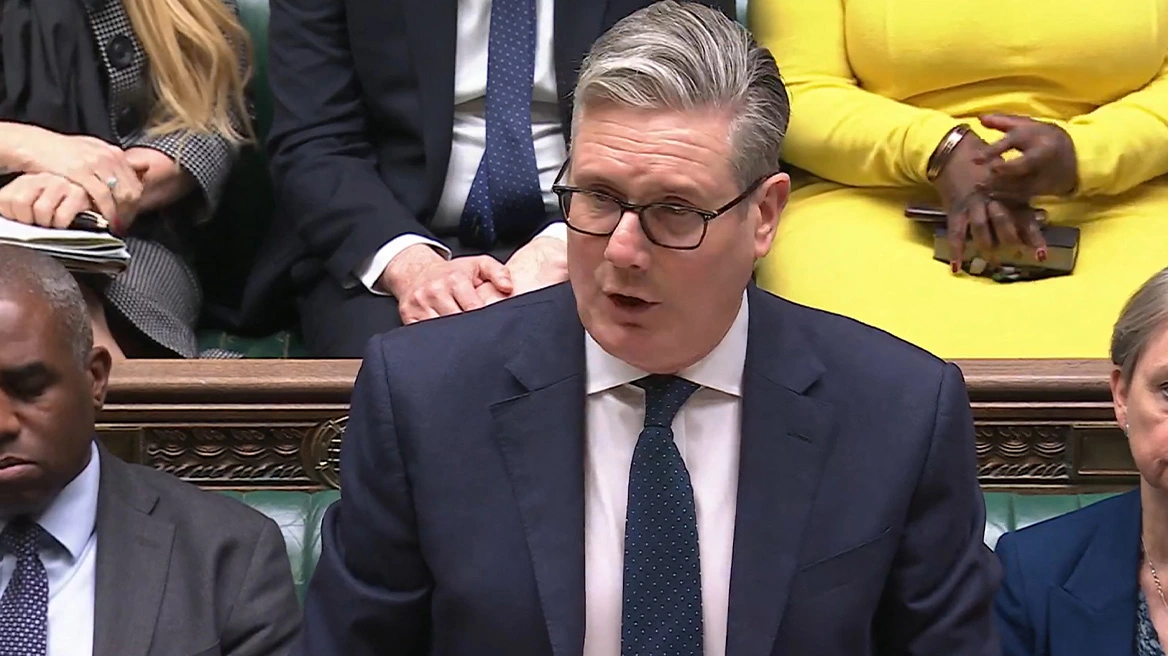On a recent morning, young couples gathered for the inaugural class of a newly built, government-run “marriage school.” A woman wearing a black Islamic-style headscarf flips open a laptop as she prepares to lecture the soon-to-be newlyweds on Islamic piety. It is a critical pillar of conjugal life, they are told.
Earning a certificate from the school has become mandatory for anyone planning to marry in Bismil, a nondescript town of 120,000 people surrounded by verdant fields in the predominantly Kurdish province of Diyarbakir in southeast Turkey.
“When we applied for our marriage license, we learned that we had to graduate from this school in order to get married,” explained Mahsun Bilgin, who is planning to tie the knot with his fiancee in May. “I have no idea what they will teach us,” he added with a nervous laugh.
“We had an imam-officiated wedding, but when we sought to get formally married, registry officials said ‘you either attend the marriage class or we won’t do your paperwork,’ so here we are,” volunteered another aspiring groom. Like the rest of the couples approached by Al-Monitor for comment, he declined to identify himself by name and said he was here against his will.
Officials say the aim of the school is to reduce divorce rates and spiraling domestic violence.
Titanic replica now under construction in China
Speaking at the inaugural lesson, Bismil’s state-appointed “kaymakam,” or district governor, Hamza Turkmen said, “We want to raise healthy generations” and “convey the religious, legal and health dimensions of marriage.”
Critics riposte that with its electoral fortunes hinged on Kurdish votes, Turkey’s Islamist Justice and Development Party (AKP) government is seeking to salvage its withering popularity by fanning religious feelings among the Kurds and casting its local opponents as anti-Islamic, just as it is doing nationwide.
State-sponsored boarding schools for Quranic studies for girls — and for children of both sexes between the ages of 4 and 6 when they are more likely to master the Arabic text, for example — are mushrooming across the region. Diyarbakir boasts the third largest number of Quran students in Turkey after Istanbul and Ankara, with 45,999 enrolled in Quranic courses according to an October study.
Ask me anything
Explore related questions





